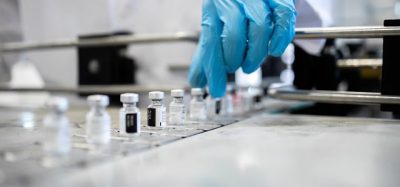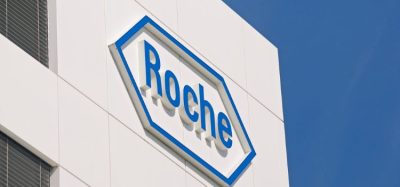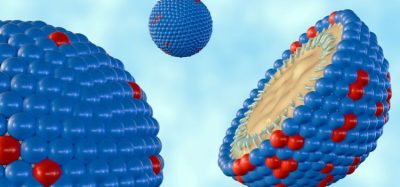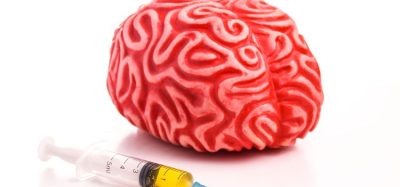USP to release <922> Water Activity method for pharma
Posted: 19 April 2021 | Hannah Balfour (European Pharmaceutical Review) | No comments yet
The new chapter, to be released in May, highlights the benefits of water activity measurement, as well as potential applications and best practices for use in pharmaceutical manufacturing.
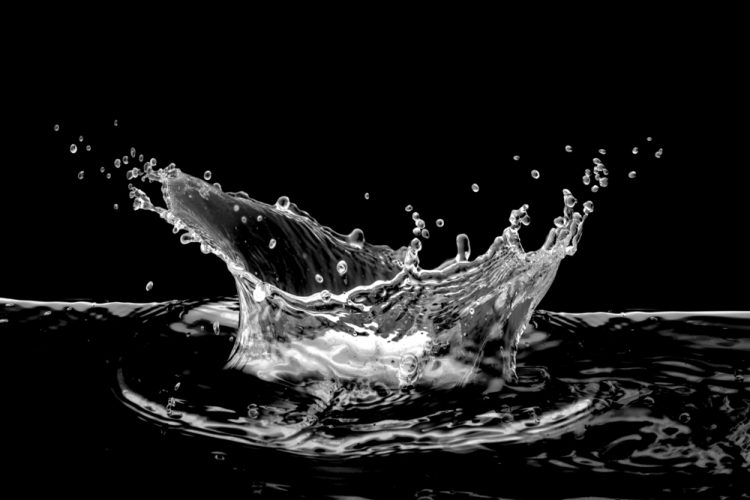

In May 2021, the United States Pharmacopeia (USP) will release its new General Chapter USP <922>, the first officially published method for determination of water activity (Aw) in pharmaceuticals. The chapter includes a brief theoretical background explanation, the best practices for water activity measurement and an overview of potential applications for Aw in pharmaceutical products.
According to experts, while it has been well established that Aw – the effective concentration of pure water in a raw material or product – could be highly effective in controlling pharmaceutical quality and safety, but it has yet to be accepted as an integral part of the drug release programme. Additionally, though the pharmacopoeia published USP <1112> Microbiological Attributes Of Nonsterile Pharmaceutical Products—Application Of Water Activity Determination, an informal General Chapter on Aw, in 2006, it failed to provide a standard operating procedure or instructions on best practices for Aw measurement.
The new chapter USP <922> Water Activity addresses these limitations and highlights the various potential applications for Aw in pharmaceutical manufacturing, including stability control; microbial risk prevention; optimised formulation; reduced caking and clumping; and moisture migration control, all of which have significant product improvement advantages.
In relation to microbial risk prevention, micro-organisms require water of a sufficient energy to maintain their cells’ turgor pressure (the force exerted on a cell’s plasma membrane by the osmotic flow of water) and normal metabolic activity. For this, microbes require the water outside of the microbe to have greater activity than that of inside the cell (ie, more water outside than inside). If the Aw outside the microbe is lower than inside, water leaves the cell, thereby lowering the turgor pressure and causing metabolic activity to cease. Thus, controlling the energy of water around the microbe can reduce the susceptibility of formulations to microbial contamination. As such, Aw testing provides a tool to justify the reduction of microbial testing of nonsterile drug and dietary supplements formulations (Application of Water Activity Determination to Nonsterile Pharmaceutical Products 1112).
“Water activity has the potential to eliminate many safety and quality-related issues in pharmaceutical products, resulting in less waste and higher revenue,” commented Dr Brady Carter, Senior Application Scientist and Aw expert with Novasina and Neutec Group.
Related topics
Analytical techniques, Drug Manufacturing, Drug Safety, Microbiology
Related organisations
Neutec Group, Novasina, The United States Pharmacopoeia (USP)



